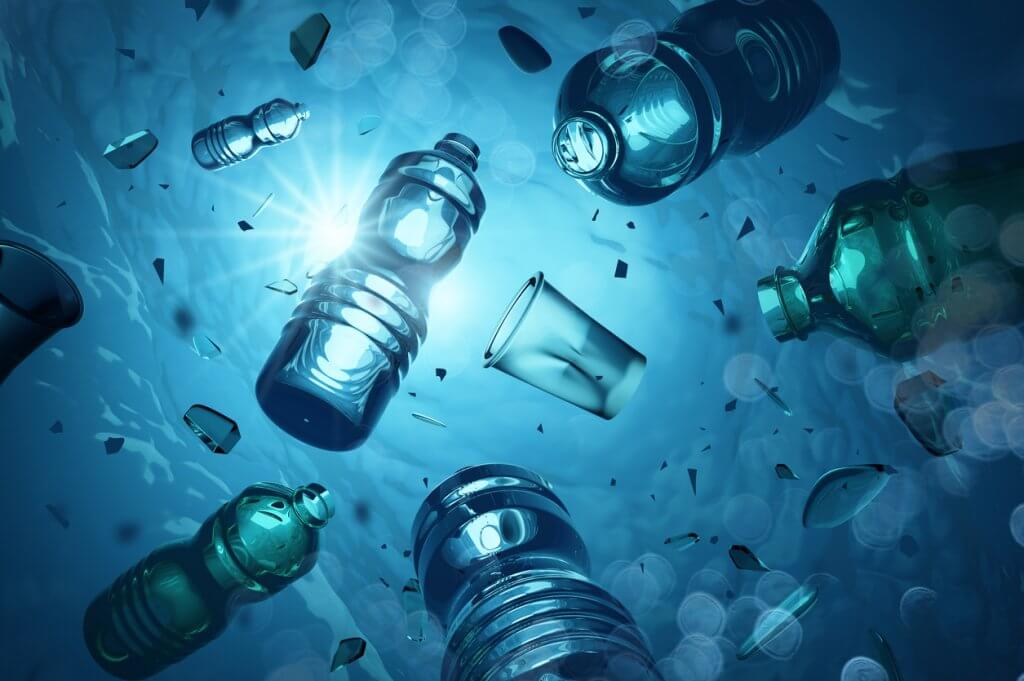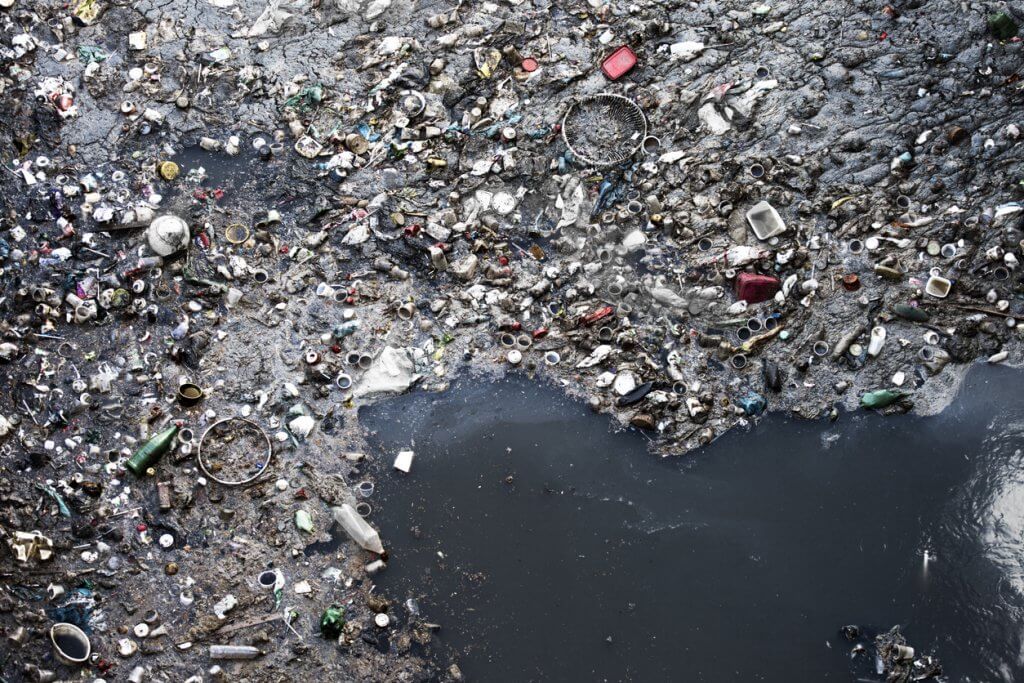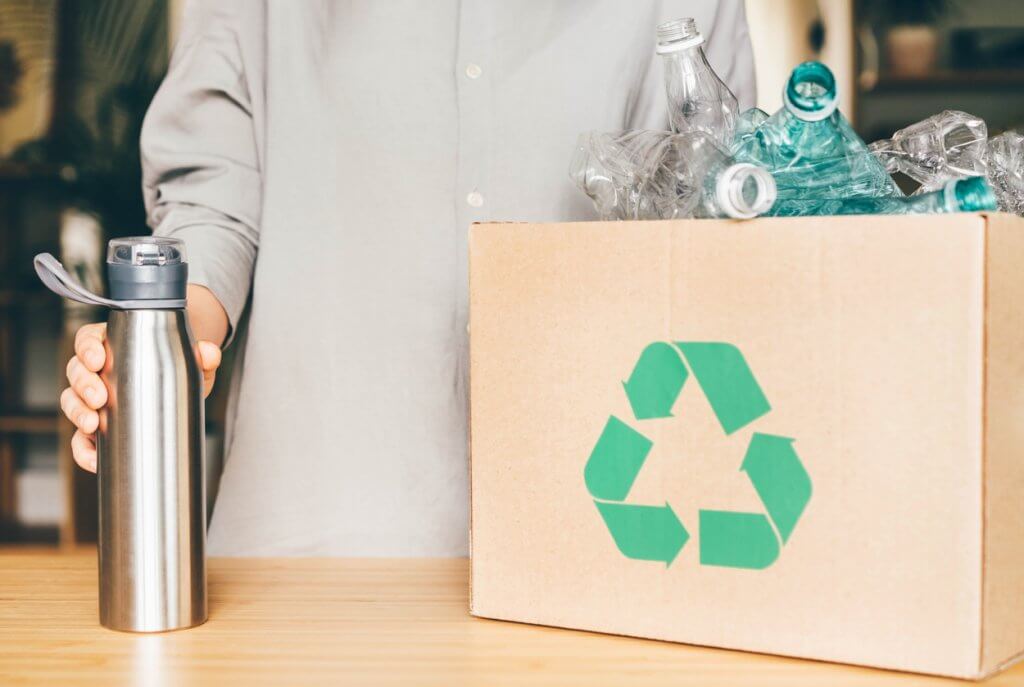Posted on 15th September 2022 by Hintons
Plastic has only been around for about 70 years, yet in that time we’ve thrown away around 6.3 billion tonnes of it. While some types of plastic can be recycled, the vast majority of it is sent to landfill.
To date, around 5 billion tonnes of plastic have been sent to landfill.
And billions of tonnes remain in landfill to this day.
That’s because plastic takes a long, long time to decompose. Even in landfills, which are designed to accelerate the breakdown process, some plastics can still take hundreds of years to fully decompose.
Want to get the full breakdown on plastic? This article will detail how long it takes for each type of plastic to decompose.
How does plastic affect the environment?
Unfortunately, this buildup of plastic is wreaking havoc on the environment. Aside from adding litter to our streets, plastics also release toxins and greenhouse gases that contribute to climate change.
And much of the plastic we throw away ends up in our oceans, where they cause significant harm to marine life. Small pieces of plastic known as ‘microplastic’ break off the plastic and are mistaken for food by fish and other marine animals. Microplastics also filter into our drinking water — it is estimated that the average person eats, drinks and breathes between 74,000-14,000 microplastic particles every year. How this will affect our health in the long term is still to be discovered.
How long does a plastic bag take to decompose?
Plastic bags are typically made from a polymer known as polyethylene. A common plastic bag takes around 20 years to decompose.
How long does a plastic bottle take to decompose?
Plastic bottles are one of the easier plastic items to recycle, and it’s important we do, because they take around 450 years to decompose. Unfortunately, around 75% of water bottles are not recycled and instead end up in landfills or littering our roads and oceans.
How long does other plastic take to decompose?
| Coffee cup | 30 years |
| Plastic straw | 200 years |
| 6-pack plastic rings | 400 years |
| Coffee pod | 500 years |
| Plastic cup | 450 years |
| Disposable nappy | 500 years |
| Plastic toothbrush | 500 years |
Does plastic ever fully decompose?
Plastic is not a natural material, and so there are no naturally occurring organisms that can break it down effectively. What eventually breaks most plastic down is the UV light from the sun.
Biodegradable plastics are starting to become more common, as manufacturers turn to more environmentally friendly alternatives to traditional plastic
How to reduce plastic consumption
Small changes to the way you use plastic can make a big collective difference. Here are some ways you can reduce plastic consumption in your everyday life.
- Avoid single use plastics
- Reuse a bag when you go shopping
- Buy loose fruit and vegetables instead of any wrapped in plastic
- Replace plastic tupperware for glass or steel containers
- Try a reusable coffee cup
- Use refill stations for detergent
Another great way to help the environment is to dispose of your waste with Hinton’s. We have our own dedicated recycling facility and aim to recycle as much of your waste as possible. Simply order a skip or use our wait & load service to dispose of your waste and we’ll do the rest.



